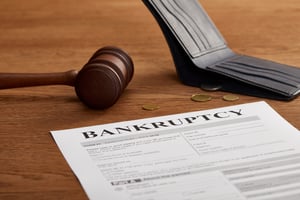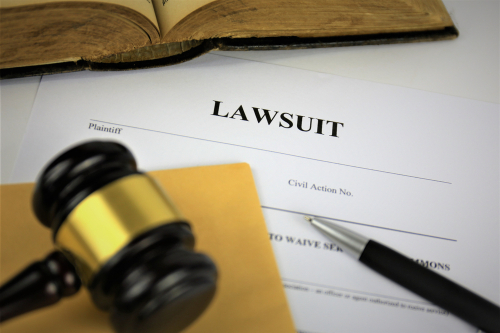Can I Keep My Recreational Vehicles in Bankruptcy?
Many people who file for bankruptcy have “toys” that they use for recreational purposes. These can include motorcycles, boats, snowmobiles, ATVs, motorhomes, etc. Bankruptcy is a powerful tool that enables many people to become free from their crushing debt. Generally speaking, bankruptcy law is designed to allow a person who files a bankruptcy case (aka the “debtor”) to keep a modest amount of property that is necessary to prevent the debtor becoming completely impoverished, and allows them to “get back on their feet” after their debt is wiped out. The debtor’s homestead (primary place of residence), a modest vehicle, and basic personal property (i.e. clothes, personal effects, and basic furniture) are generally “exempt,” meaning legally protected from being taken or used to satisfy debts. Whether debtors are allowed to keep their recreational toys, which are often not exempt, nor considered necessary for the debtor to possess, depends upon the circumstances and type of bankruptcy that is filed.
In a chapter 7 bankruptcy, the debtor must surrender any property that is not exempt to the trustee so that the trustee may take it and use it to pay their creditors. Recreational toys are often considered not exempt and are frequently taken by the trustee to be sold at an auction to pay creditors, unless the debtor can work out a deal with the trustee to allow them to pay the value of the recreational toy themselves, in which case they will be allowed to keep the property. In some cases however, in which the debtor owns little to no equity in real estate, debtors may be able to keep their recreational vehicles by utilizing a special “wildcard” exemption that can be used to protect property that is not specifically exempted by other laws. The wildcard exemption is often limited though and sometime is not sufficient to protect all of a debtor’s recreational toys (calculating the amount of wildcard that is available to protect one’s property is complicated and depends on the circumstances).
It is worth noting however, that the chapter 7 trustee can only take recreational toys to the extent they actually have any equity. Equity is the amount of value the property has above the debt that is owed against the property (aka the amount of the “lien”). For example a car worth $10,000 with a secured lien on it for $8,000, only has $2,000 in equity. Since chapter 7 trustees are primarily interested only in making sure a debtor’s unsecured creditors are paid enough, there is typically no issue with a debtor in a chapter 7 being allowed to keep recreational toys with liens against them so long as the debtor continues to make payments on the secured debt, and the secured debt was not taken out by the debtor with the intention of defrauding their other unsecured creditors. However, if the amount of equity in the recreational vehicle is substantial, the chapter 7 trustee may just take and sell, the vehicle, pay off the lien with the proceeds of the sale, and distribute the remainder to the debtor’s unsecured creditors, if the debtor cannot work out a deal with the trustee to pay for the equity themselves.
In a chapter 13 bankruptcy case, the debtor does not lose any property but must make monthly payments to creditors in a court approved 3 to 5 year repayment plan. The catch is that the debtor must pay, at least, as much to creditors during the course of their plan as the creditors would have received if they had filed a chapter 7 case. Therefore, debtors in a chapter 13 are permitted to keep all of their recreational toys but only if they have enough income to allow them to do so. A problem also arises in a chapter 13 case if the debtor has recreational toys that are collateral for a secured loan. The chapter 13 trustee will typically not allow a debtor to make large payments on recreational toys such as boats, motorhomes, additional vehicles, and ATVs unless their unsecured creditors are getting paid substantially, as well, due to the fact that these types of toys are considered unnecessary, “luxury items.” Therefore, unless the debtor is able to pay a substantially large monthly payment to their creditors, the chapter 13 trustee may force the debtor to surrender the recreational toys back to the lender in order to allow their plan to be confirmed by the court.
CALL NOW FOR A FREE STRATEGY SESSION FROM A MN BANKRUPTCY LAWYER AT LIFEBACK LAW FIRM
This is only a brief summary of how recreational toys are treated in a chapter 7 and chapter 13 bankruptcy case. If you are thinking about filing a bankruptcy case in Minnesota, you should first talk to an experienced bankruptcy attorney. See us at Lifebacklaw.com!






